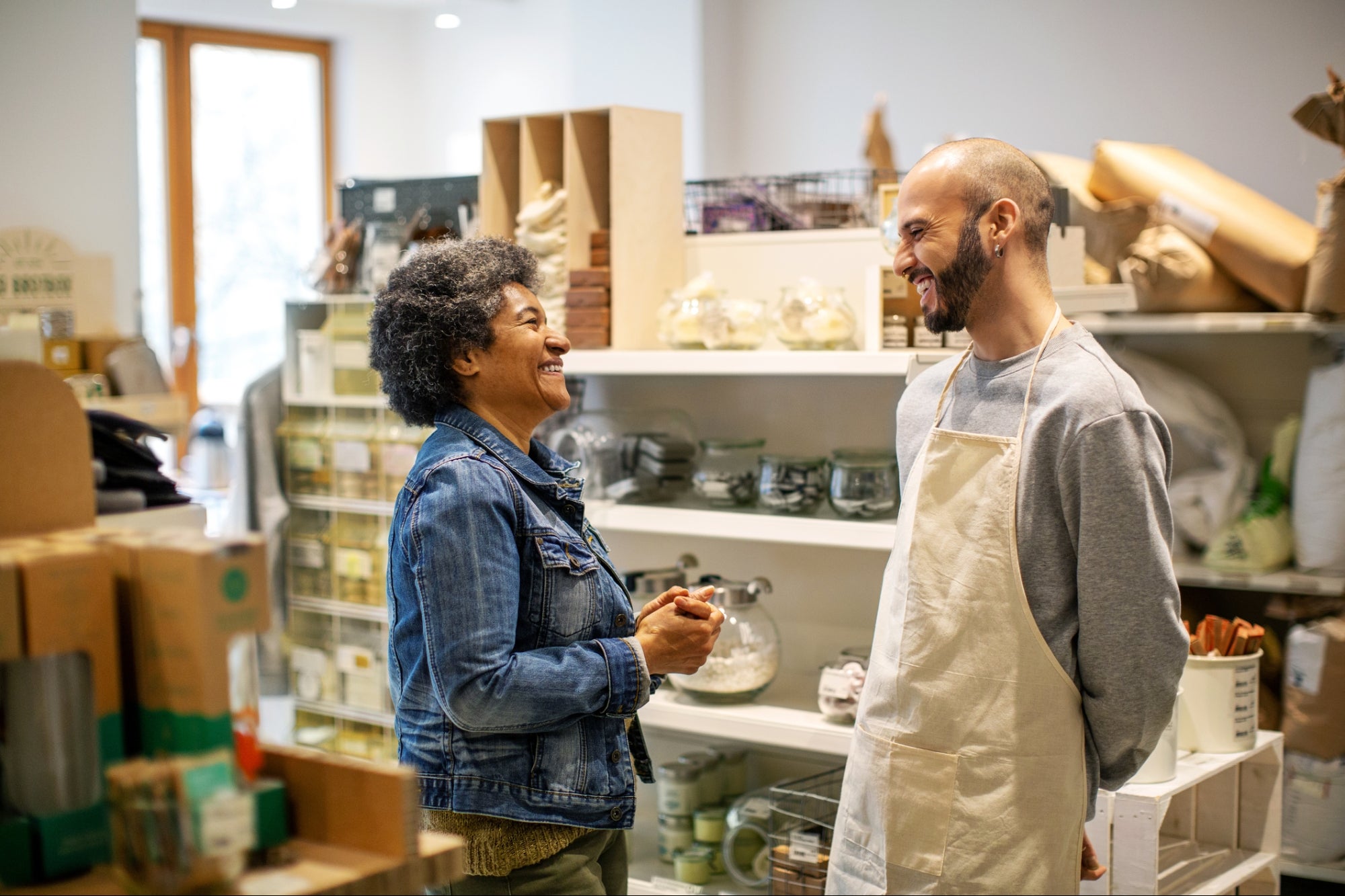How Pivoting Saved My Business When Things Didn't Go According to Plan How my decision to pivot turned my first business around when a cultural barrier almost caused it to fail.
By Serge Antonie •
Key Takeaways
- The importance of understanding culture
- How I pivoted my business model in response to a cultural barrier and found success in a new market

Opinions expressed by Entrepreneur contributors are their own.
Starting a business is like setting sail into uncharted waters, and the initial excitement can often be met with unforeseen storms. I relate my experiences as an entrepreneur who, teetering on the edge of adversity, made a critical decision to pivot.
From grappling with market dynamics and culture to reimagining the very essence of my business model, this journey stands as a testament to the vital role that adaptability plays in the challenging world of business.
Related: The Pivoting Playbook: How To Successfully Turn Adversity Into Opportunity
Our business model
In 2016, I started a venture in the UAE, together with my co-founder. Our experience in education and educational management totaled around 50+ years in the Middle East, and we were adamant about reshaping the tutoring landscape in Saudi Arabia. We came up with the idea to centralize the tutoring landscape, as it was, at the time, scattered. Every traffic light you would stop at would have dozens of pieces of paper stuck onto it with the names of teachers, their phone numbers, subjects taught and hourly rate.
So, we created an app that allowed parents to "order" their teacher and slot in a session at their convenience. The teacher would then be "delivered" to the home of the customer using the Uber model, and the session would then be delivered and paid for after completion. We decided to start with B2C, create a buzz, and then on the back of that, enter the B2B market.
Marketing
Our sales team traveled around the country, hitting the malls, educational institutions and pretty much anywhere people would gather in order to show the concept, get feedback and close clients. The campaigns were moderately successful, and we managed to close several clients on the spot, collect feedback and make small amendments to our services accordingly. This not only gave us proof of concept, but it also helped us identify any issues that we might have overlooked in terms of the practicality of our business model.
The launch
After we had generated interest through our presence, not only on the ground but also through our online marketing efforts, we were ready to officially launch our project. The expectations were high based on the legwork we had put in and the results it generated for us. However, despite all our initial efforts, when we officially launched … crickets!
My co-founder and I were utterly baffled; how could it be that despite our data telling us that we were clearly onto something, the market didn't react as we had expected it to? The answer was … culture!
Related: 5 Ways Your Brand Can Pivot to Thrive in Uncertain Times
The problem
2016 was right before the online app surge in Saudi Arabia, and although people were very interested in the idea during our marketing campaigns, and many clients signed up on the spot, the idea of having a stranger come to your home and teach was met with apprehension by the people at the time (now, in 2023, this has changed dramatically).
The pivot
So, because we had our product ready, our teams in place and our consultants ready to commence, we adapted our business model and turned to the corporate sector. I put on my work boots, went completely old-school and started knocking on doors. With my laptop in hand, I was selling our services to anyone who cared to listen. I approached the larger corporations in the MENA region, and it turned out to be an immediate success!
In no time, we had training contracts with the likes of IKEA, STC, The Ritz Carlton, and even Souq.com (now acquired by Amazon). And before long, we were able to close country-wide long-term agreements with several of them.
Related: The 4 Secrets to a Successful Pivot
Lessons learned
The reason we were able to turn our B2C model into a B2B success was that the corporate landscape was already used to bringing in consultants for various corporate training sessions, which made entry to this market a breeze for us. Now that we were generating income, we utilized the customer base of the larger corporations to offer our B2C services through employee-loyalty programs they had with their customers. This helped us overcome the cultural barrier, as we were now not "a stranger" coming to the client's home, but a legit partner of the brand they already trusted.
As entrepreneurs, once we think that we have an idea that can be revolutionary in a certain market, we often go all-in expecting the market to respond as we would like it to. In my case, we were able to pivot and turn it around by hitting the B2B market first, then reverse engineer and turn to then still be able to enter the B2C market and be successful. However, I am sure that there are many situations where an entrepreneur was not able to pivot and had their brilliant idea go bust. So, make sure that in your business model, you leave room for the possibility to pivot, giving your business idea a second chance to survive.











